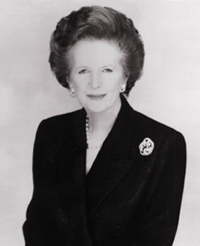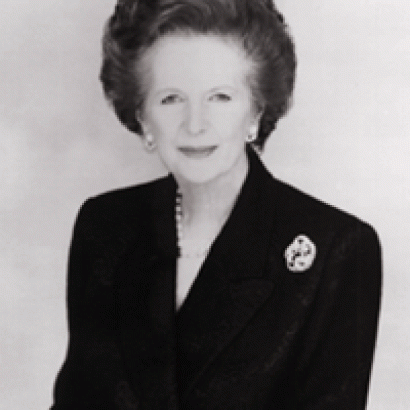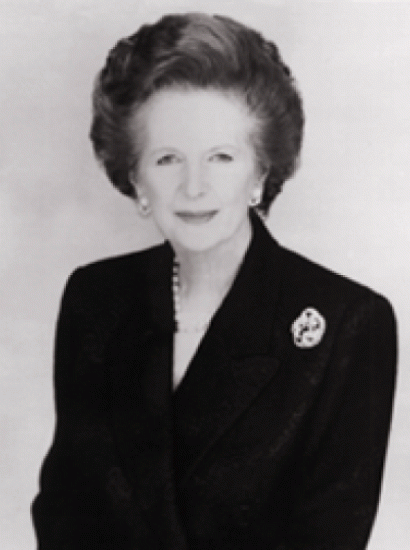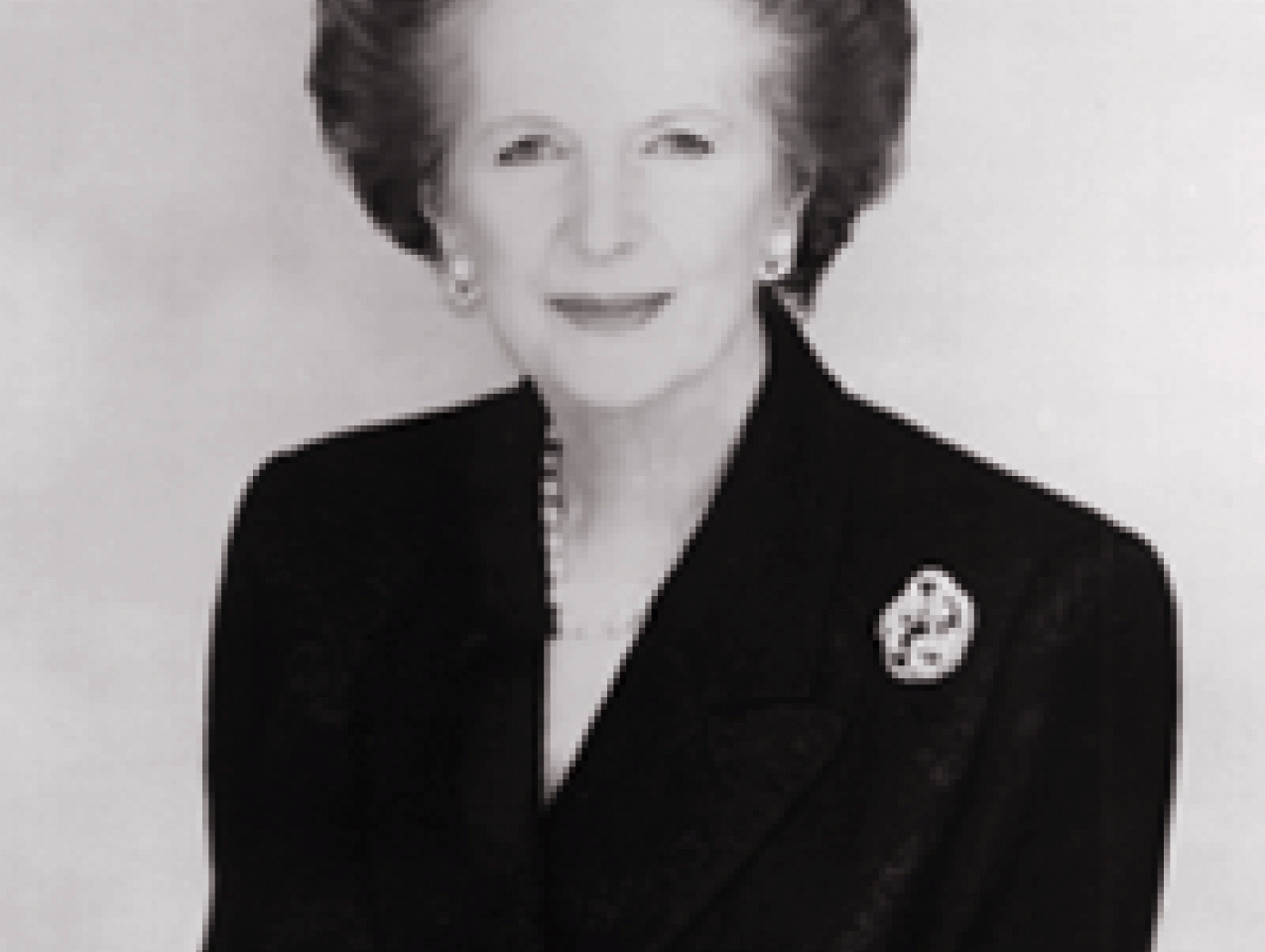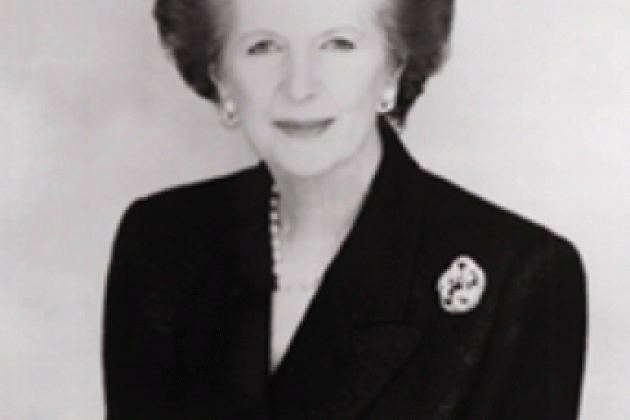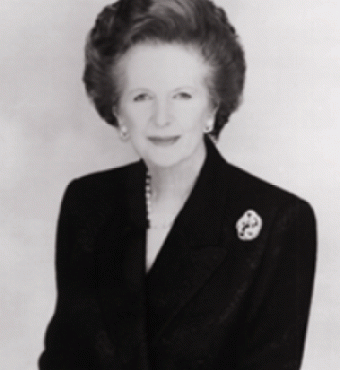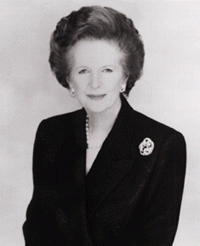- International Affairs
- US Foreign Policy
I am not naturally given to raking over past events and decisions. But now that China has resumed control of Hong Kong, I may permit myself the thought: Did I and Britain do the right thing when, in December 1984, I put my name to the Sino-British Joint Declaration, which established the framework for Hong Kong's future? Yet I do not think I shall ponder long. For, with all the qualifications allowed by hindsight and with all the inevitable uncertainty about how events will evolve, I believe that the answer is undoubtedly "yes."
Beating Retreat
Of course, I would have much preferred that this British Dependent Territory, like dozens of other such territories, should have been given full independence to pursue its own destiny. But this was simply not an option, any more than continued British rule was an option. China's leaders
Moreover, the business community of Hong Kong was anxious that, in order to underpin vital confidence, Britain should reach agreement with China about Hong Kong's future well before then. Otherwise, no new leases for Hong Kong development would have been granted after 1982. So it is not surprising that the business community insisted that we should engage the Chinese authorities in early discussions. This, then, was the background to the two years of intense negotiations that followed my meetings in Beijing with Zhao Ziyang and Deng Xiaoping in September 1982.
Successful diplomacy predicates both a realistic understanding of the possibilities and a single-minded determination to maximize one's advantages. Judged by these criteria, I believe that our negotiations were successful. The results took shape in the form of undertakings given by China in the Joint Declaration. The Chinese--solemnly, in an international treaty--undertook that Hong Kong would continue to enjoy a high degree of autonomy. It would have its own government comprising local inhabitants, would retain its social and economic systems, and would keep its common law and independent judiciary with its own Court of Final Appeal. Fundamental freedoms such as free speech, a free press, free assembly, free association, and freedom of religious belief would be secured. And all these (and other) terms of the Joint Declaration would apply for 50 years.
Naturally, it would be naive to imagine that simply because assurances are set out on paper they will be honored. The politicians in Beijing, who show such little regard for the basic freedoms of their own dissidents, like Wei Jingsheng and Wang Dan, are suspicious of the liberal political and economic system of Hong Kong. But, that said, the Chinese government does have a very strong practical interest in ensuring that Hong Kong remains successful. After all, Hong Kong is nowadays the world's seventh-largest trading entity, fifth-largest banking center, and busiest container port. Hong Kong is also the source of some 60 percent of all external investment in China and is China's second-largest trading partner. It provides China with a highly efficient channel of contact with international markets. It is, in short, an indispensable element in the emergence of China as a major force on the global economic scene. I believe that the government of China does understand the economic benefits that Hong Kong brings. But I am less sure that it understands all the political conditions required in order to continue those benefits.
This, I suppose, is understandable. The Chinese quasimarket economy, at once creative and chaotic, has not been accompanied by a rule of law, nor by sound administration nor property rights nor full personal
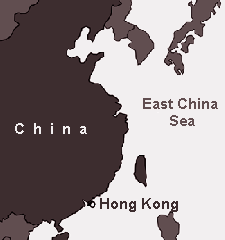
freedoms. By contrast, Hong Kong's developed market economy--its gross domestic product is, remember, equivalent to 21 percent of China's and its GDP per head higher than Canada's--is crucially dependent on a free way of life continuing. Hong Kong's is a highly sophisticated, heavily international economy, and those who make it function so successfully are as sensitive to the prevailing political conditions as to the economic. Thus every time that the Chinese issue statements that seem to cast doubt on the undertakings given in the Joint Declaration they risk jeopardizing Hong Kong's confidence. China's proclaimed intention of dismantling Hong Kong's elected legislature is particularly short-sighted. China will need to proceed with prudence and with due regard to the opinions and feelings of the local population if Beijing is to make a success of the formula of "one country, two systems."
The wider international community is also involved in Hong Kong's future, however much some of the old guard in China bristle at the thought. The Sino-British Joint Declaration is an international treaty. China's willingness to honor it will rightly be seen as an important indicator of its wider future intentions in the region. A China that could not adjust to the requirements of a flourishing Hong Kong would inevitably be seen as a trading risk and a potential strategic threat. It is good that the United States is taking such a clear interest in Hong Kong's future. But Britain too must keep a close eye on developments and be prepared to speak up if things start to go wrong.
Sense of Realism
I am an unashamed defender of the record of the British Empire in bringing the rule of law and the prospects for self-improvement to millions who would never otherwise have known them. The people of Hong Kong, however much historians argue about the circumstances of the territory's original transfer to British rule, are an outstanding example of these benefits.
But, equally, the age of empires is over; that of nation-states has succeeded it. I can see exactly why China--even beyond material considerations--wants Hong Kong back: The Chinese have rediscovered a strong sense of their own traditional identity. But I also believe that, in due course, the ideas of the Chinese people of Hong Kong, who enjoy a lifestyle of which mainland Chinese only dream, will penetrate deeper into China itself. From that perspective, perhaps a future generation will be able to look back on the ceremonies of June 30 not so much as marking the end of Hong Kong's colonial past, but as marking a new impulse toward freedom and democracy in China and the rest of Asia.







